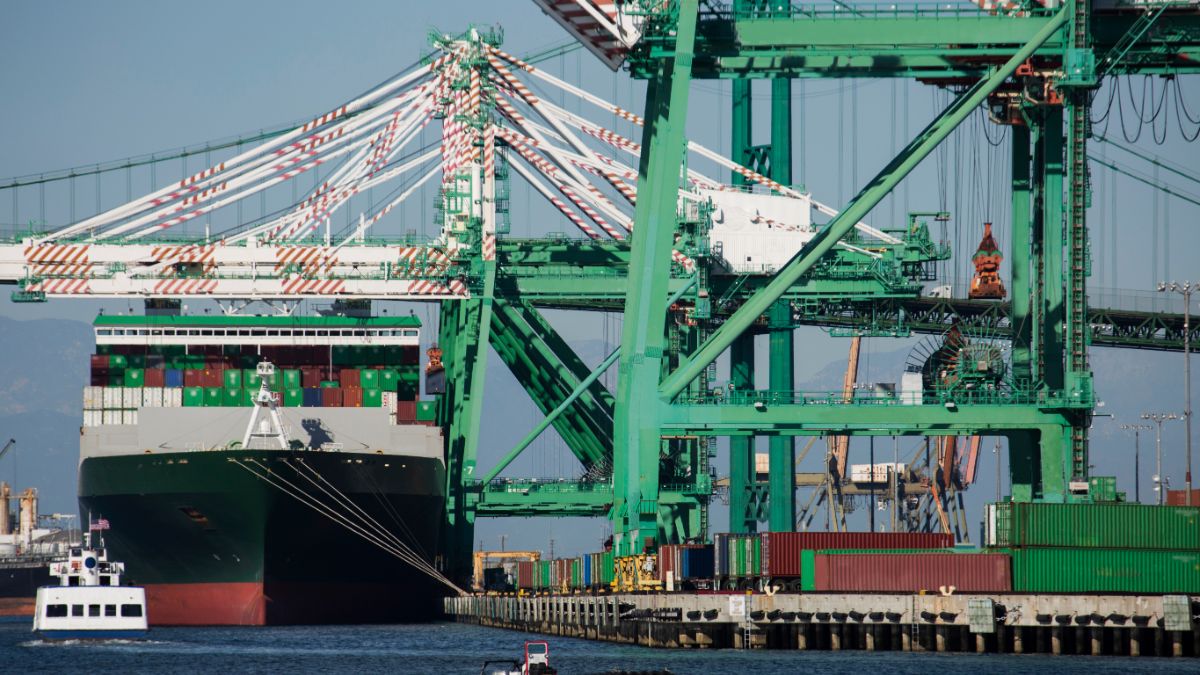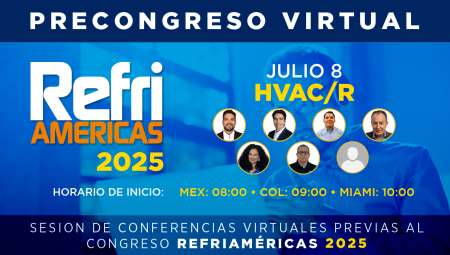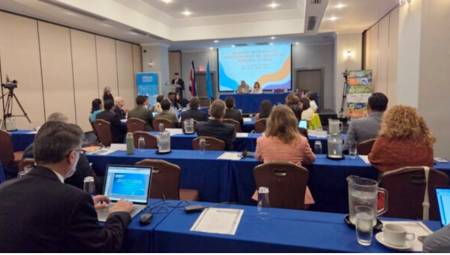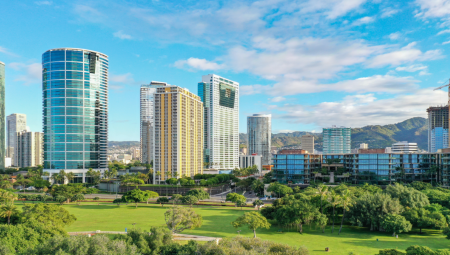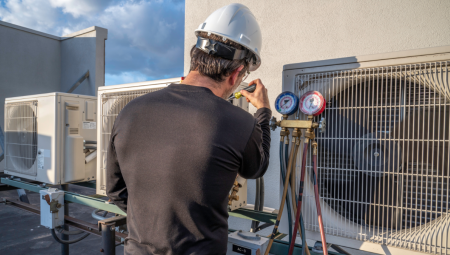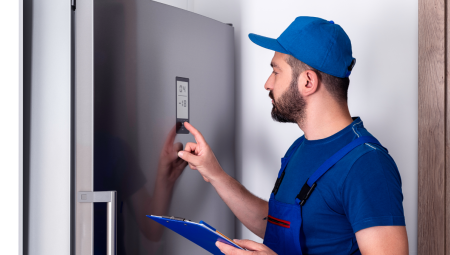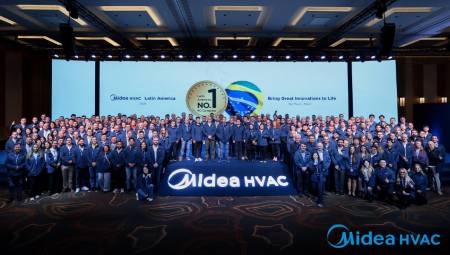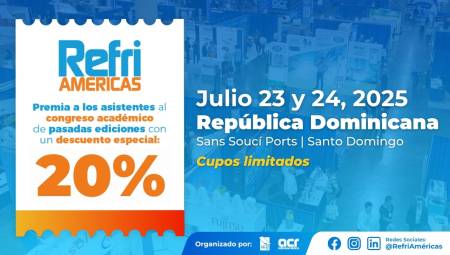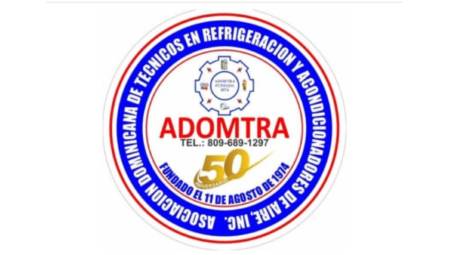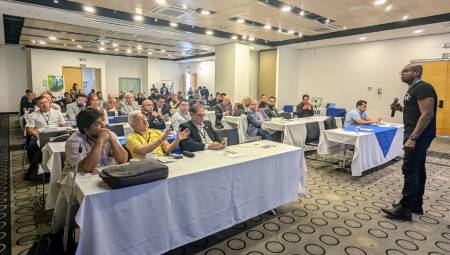United States. Environmental Protection Agency (EPA) reached an agreement with Resonac America for the illegal importation of hydrofluorocarbons through the Port of Los Angeles on up to four occasions.
Resonac America, which is a subsidiary of Tokyo-based Resonac Corporation, will pay a $416,003 fine and destroy 1,693 pounds of imported HFCs between 2023 and 2024 to settle allegations of EPA violations.
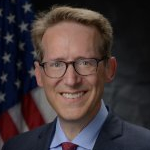 "EPA continues to prioritize enforcement against companies that illegally import refrigerants that harm our climate and endanger future generations," said David M. Uhlmann, deputy administrator for EPA's Office of Enforcement and Enforcement.
"EPA continues to prioritize enforcement against companies that illegally import refrigerants that harm our climate and endanger future generations," said David M. Uhlmann, deputy administrator for EPA's Office of Enforcement and Enforcement.
"This case is the largest penalty imposed to date for importing super-polluting HFCs as part of EPA's National Enforcement and Enforcement Initiative for Climate Change Mitigation, and the first requiring the company to destroy HFCs," he added.
In turn, EPA's Southwest Pacific Regional Administrator, Martha Guzmán, said that "HFCs are a powerful climate pollutant , so it is imperative that companies that import them into our nation do so in strict compliance with environmental laws. This is the latest in a series of efforts by EPA to enforce HFC law across the country, which send a clear message that the federal government is closely monitoring HFC imports and will hold illegal actors accountable."
, so it is imperative that companies that import them into our nation do so in strict compliance with environmental laws. This is the latest in a series of efforts by EPA to enforce HFC law across the country, which send a clear message that the federal government is closely monitoring HFC imports and will hold illegal actors accountable."
In October, November, and December 2023, Resonac America imported a total of 6208 pounds of illegal HFCs into the United States. These operations violated the prohibition on introducing regulated substances in bulk into the United States without possessing sufficient consumption permits or specific applications at the time of importation.
Resonac America also failed to provide EPA with the required notice of planned HFC shipments during 2023 and 2024, nor did it timely submit reports to EPA with information about the HFCs the company imported in 2023.
Environmental impact
HFC-23 is a potent greenhouse gas with a global warming potential of 14,800 in 100 years. This enforcement action prevented approximately 6,208 pounds, or 2,816 metric tons, of illegal HFCs from being imported into the United States.
If released into the atmosphere, these HFCs are equivalent to 41,676.8 metric tons of CO2 or the same amount of CO2 produced by supplying electricity to 8,225 households for a year.
HFCs are a climate superpollutant with global warming potentials hundreds to thousands of times greater than CO2. For this reason, in accordance with the Montreal Protocol and its Kigali Amendment, HFC production and imports are gradually being reduced by 85% from historical levels in developed countries by 2036.
EPA has made enforcement and enforcement a national priority to address the illegal importation of HFCs under the current phase-down and has resolved numerous cases over the past few months with companies related to HFC imports.
Since January 2022, EPA and CBP have denied entry to approximately 81 shipments of illegal HFCs. Under the EPA's HFC abatement regulations, importers must spend allowances to import HFCs. Illegal imports of HFCs undermine tapering, disadvantage companies that follow the rules, and contribute to global warming.


